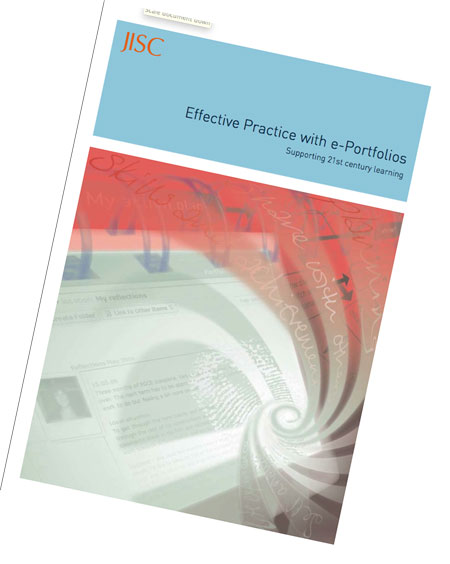You can tell winter is coming, but I did enjoy having an extra hour on Sunday. I watched this video on Sunday morning about how university students in Europe and the US are paying Kenyans to do their academic work for them.
The global market for academic writing is estimated to be worth $1bn (£770m) annually.
I recalled earlier this month looking at this Australian study on contract cheating or collusion. The findings make for interesting reading.
Findings from the largest dataset gathered to date on contract cheating indicate that there are three influencing factors: speaking a language other than English (LOTE) at home, the perception that there are ‘lots of opportunities to cheat’, and dissatisfaction with the teaching and learning environment (Bretag & Harper et al., 2018).
These influencing factors could be mitigated, could we assess in the learner’s native language? Culd we improve satisfaction with the overall teaching and learning environment? Often easier said than done.
This contract cheating or collusion is a major headache for universities in the UK, but I wonder if the answer isn’t about creating systems or processes that can identify when cheating or collusion is taking place, but ensuring that assessment is designed in a way that means there is no incentive to chat, collude or pay someone else to undertake the assessment.
However as indicated in the Australian study:
It would be a dream to be able to individualise assessment tasks or have an innovative approach where students can be assessed in class doing individual oral presentations. We make do… Continue reading This is all my own work – Weeknote #35 – 1st November 2019



